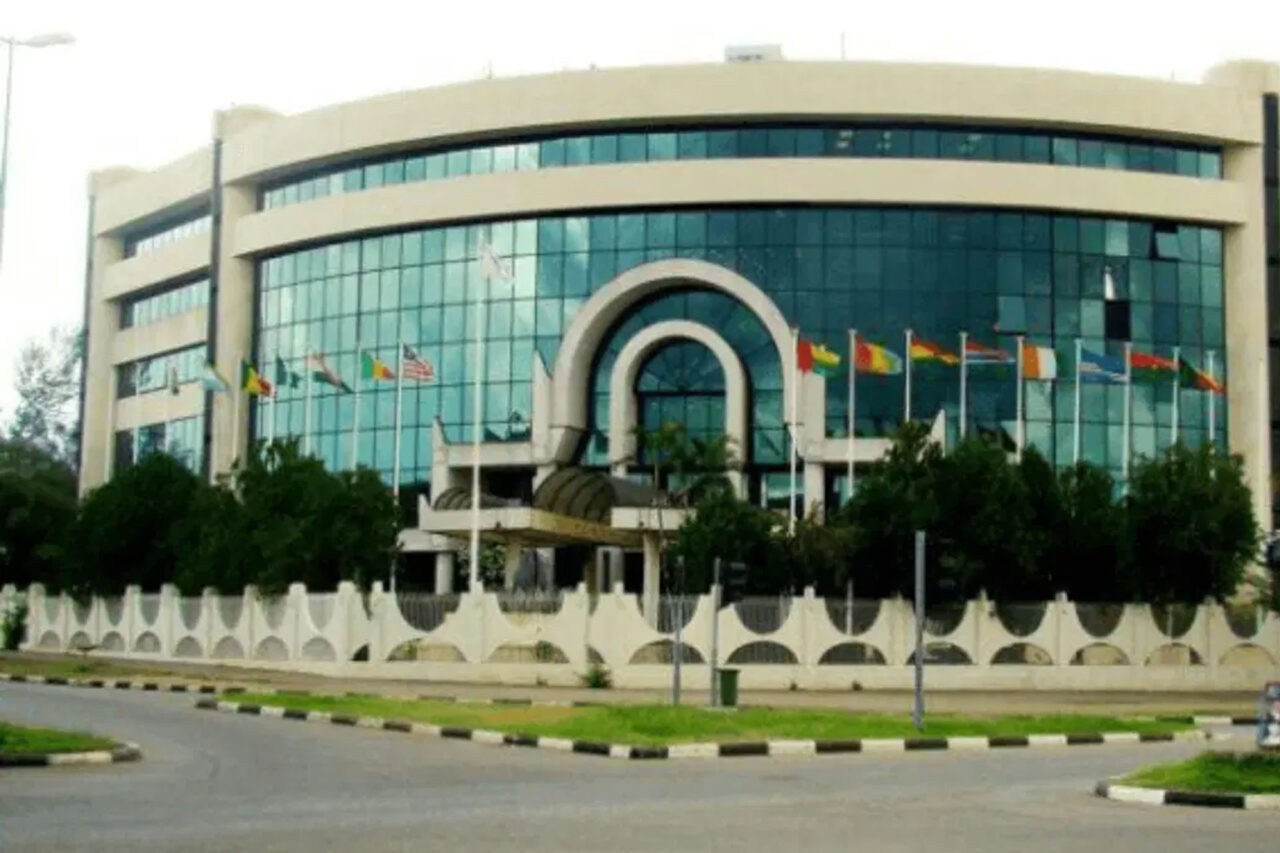Nigeria has come under pressure to dismantle its blasphemy laws after the Economic Community of West African States (ECOWAS) Community Court of Justice issued a writ of execution compelling the country to act. The move comes nearly eight months after the court ruled the provisions unlawful.
In April 2025, the ECOWAS Court ruled in favour of the Incorporated Trustees of Expression Now Human Rights Initiative in a case against the Federal Republic of Nigeria, declaring that Nigeria’s blasphemy laws violate the right to freedom of expression.
The court specifically cited Section 210 of the Kano State Penal Code and Section 382(b) of the Kano State Sharia Penal Code, both of which prescribe the death penalty for insulting the Prophet Muhammad or Islam.
The court described the laws as “excessive and disproportionate in a democratic society” and found them incompatible with Nigeria’s obligations under the African Charter on Human and Peoples’ Rights (ACHPR) and the International Covenant on Civil and Political Rights (ICCPR).
It ordered Abuja to amend or repeal the blasphemy laws, along with any ‘similar legal provisions.’
Solomon Okedara, the Nigerian human rights lawyer who led the case, told Pilot News: “The action challenged the consistent use or failure to prevent the use of criminal provisions bothering on the offence of blasphemy to arrest, arbitrarily detain, unlawfully prosecute, imprison, and impose death sentence on citizens by the Nigerian government, and failure of the Nigerian government to prevent extra-judicial killing of citizens on the allegation of blasphemy which are clear violations of Nigeria government’s obligations under the ACHPR, ICCPR, UNCAT and other international instruments.”
After months of inaction by the federal government, the ECOWAS Court escalated the matter, serving a writ of execution on 23 September 2025, directing the Attorney General of the Federation (AGF) to enforce its judgment of April. The office of the AGF has officially acknowledged receipt of the writ.
Okedara said the enforcement of the ruling will test “Nigeria’s fidelity to the rule of law, its commitment to human rights, and its respect for regional judicial authority.”
He continued, “In honoring this judgment, Nigeria will not only vindicate the rights of its citizens but also strengthen the moral and institutional legitimacy of the ECOWAS Court as the conscience of West Africa’s human rights architecture.”
“As Africa’s largest democracy and a founding member of ECOWAS, Nigeria’s response will either reaffirm or erode confidence in the regional human rights system it helped to build.”
- Tinubu Welcomes Egbetokun’s Resignation, Appoints Tunji Disu as Acting IGP - February 25, 2026
- Tinubu Welcomes Egbetokun’s Resignation, Appoints Tunji Disu as Acting IGP - February 25, 2026
- Paris Saint-Germain’s Achraf Hakimi to Stand Trial over Rape Allegation - February 25, 2026

